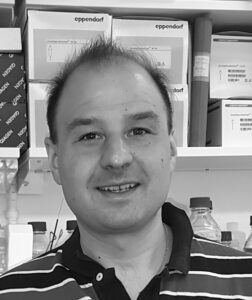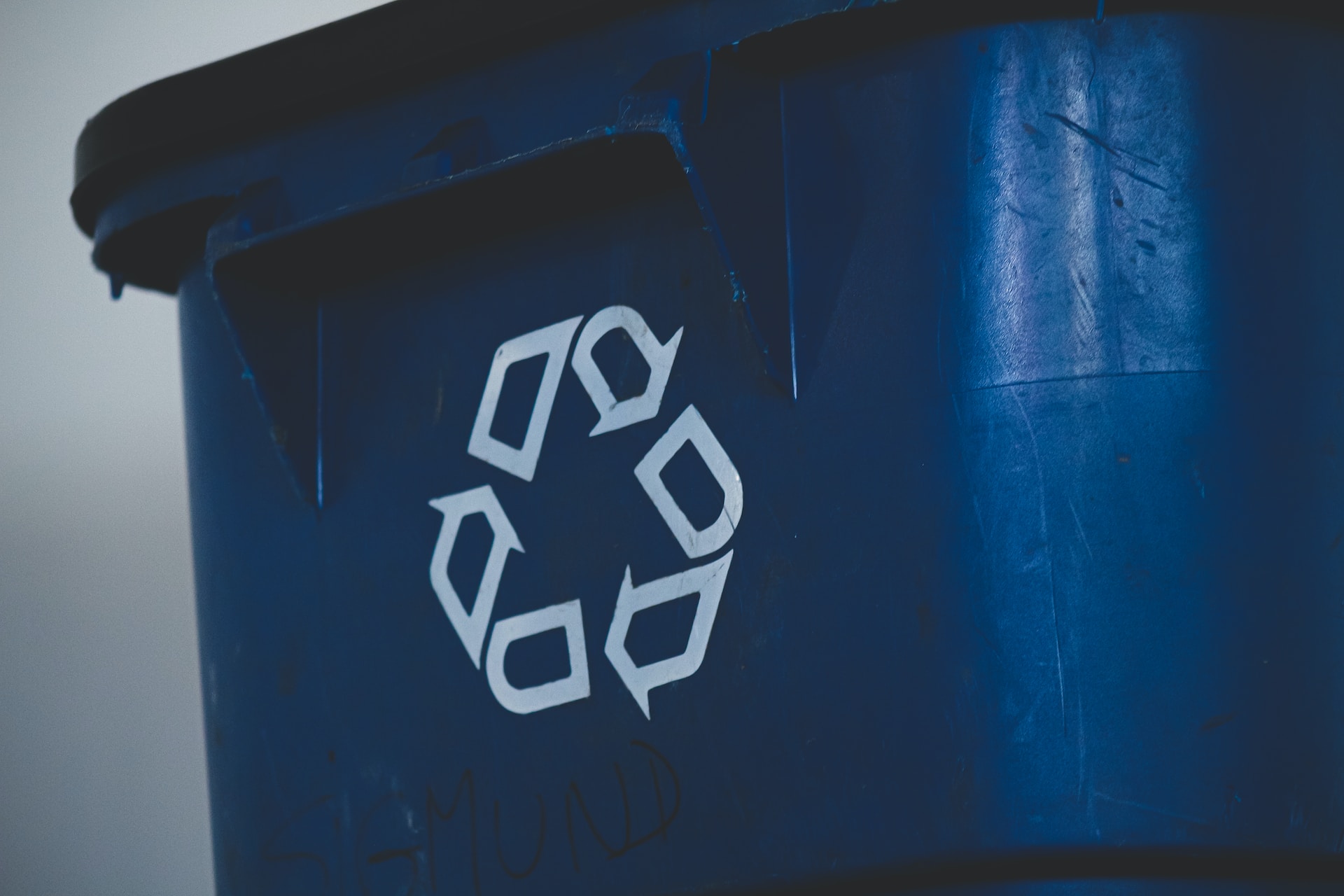FUSE – Assembling C6 furans that are sustainable by C5 bio-based value chains using bioelectrochemistry and CO2

The main goal of the FUSE project is to generate knowledge and green technologies to enable assembly of sustainable furan platform chemicals by bio-based value chains using bioelectrochemistry and CO2. Furans are classified as top 30 renewable platform chemicals, yet green valorization methods for their production are lacking.
Today, furan production relies on cellulose in processes involving the utilization of high temperature and depend on harsh chemical and metal catalysis. The FUSE project will design truly sustainable bio-based valorization routes for furan production based on underutilized biomass, while at the same time allowing for assimilation of CO2 into the final product.
The project’s electrochemical and enzyme-based methods (nature’s catalysts) under mild conditions will lead to negative emissions of CO2, with no generation of toxic or harmful waste and with large energy saving potential, as fossil-based synthesis is replaced with sustainable manufacturing.

Per-Olof Syrén
KTH Royal Institute of Technology

per-olof.syren@biotech.kth.se
Project information
Participants
KTH
EnginZyme AB
RISE Processum
IVL Swedish Environmental Research Insititute
Time schedule
December 2023 - December 2027
Total cost of project
7 092 038 SEK
Swedish Energy Agency project number
2023-01071
More projects

An insects biorefinery approach as a strategy to unlock the nutritional and energy potential in co-located lignocellulosic industrial side streams (UNLOCK)
The UNLOCK project aims to meet the EU’s Renewable Energby Directive (RED) II by transforming Brewer’s Spent Grain (BSG) into advanced biofuels…
Manager: Paul Christakopoulos
Ongoing

Large scale deodorization of kraft lignin for thermoplastics – a new testbed
Kraft lignin has a great potential to replace fossil-based materials in many applications due to its availability and molecular structure. However, its…
Manager: Katarina Ohlsson
Ongoing

Carbon and climate efficient use of biogenic waste for circular chemicals
In Sweden, around 7Mton of waste is yearly incinerated for energy recovery. Currently around 60 % of the carbon available in that…
Manager: Sima Ajdari
Ongoing


